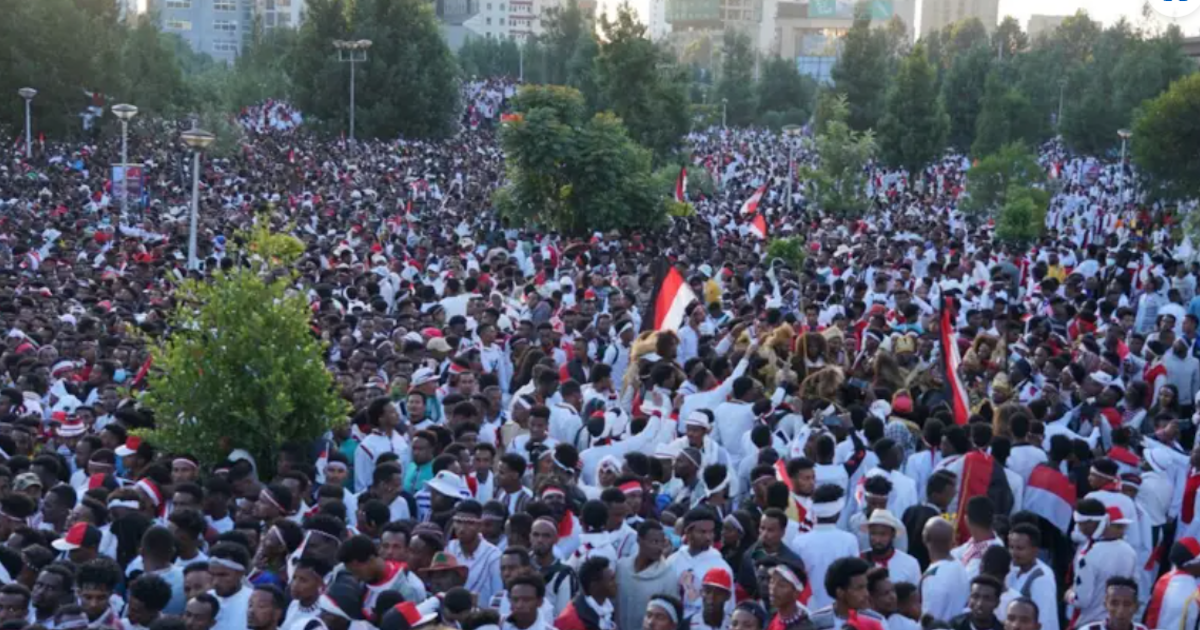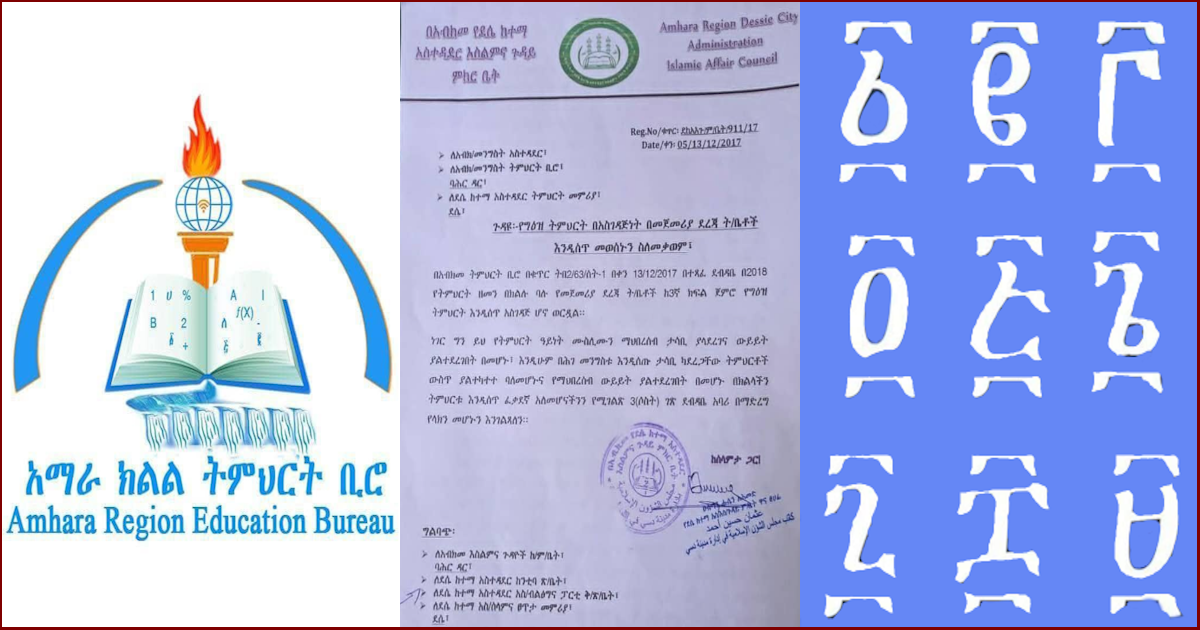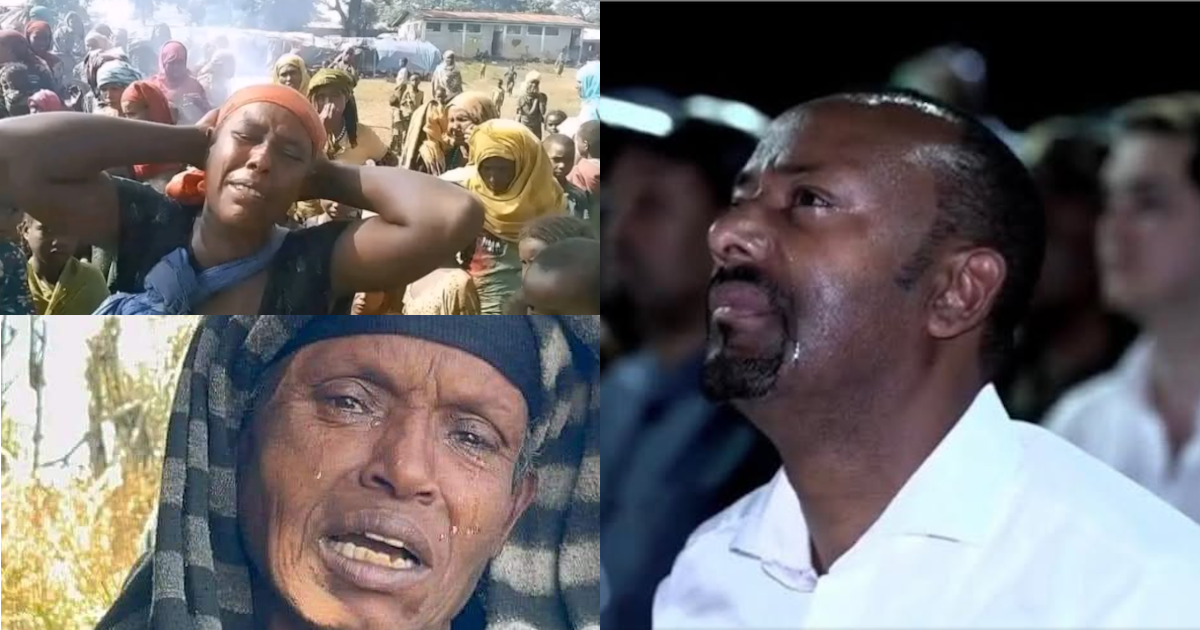Safuu Is Not Lost—It Was Never Yours to Lose

Excerpt
Safuu—the Oromo moral compass—demands dignity and restraint, not ethnic appropriation. The trending uproar over beauty queen Hasset Dereje reveals a deeper sickness: the need to monopolize excellence. When Oromo silence is mistaken for indifference, remember—it’s Safuu, not passivity. A society that forgets Safuu trades wisdom for noise, and unity for vanity. Safuu still matters.
“She Cannot be Oromo!”
By all accounts, the trending uproar over Hasset Dereje (TikTok is full of it!)—a radiant, accomplished beauty queen representing Ethiopia on the world stage—should have been a moment of quiet pride for all. Instead, it has exposed something uglier: a deep fracture in the Ethiopian psyche, a pathology of possessiveness masquerading as patriotism. And it compels us to reach for that most Oromo of words—Safuu!—to call it what it is: a moral violation.
In Oromo worldview, Safuu is not a decoration. It is a warning bell. It means you’ve crossed a line that law (Seera) and constitution (Heera) may never catch, but the soul does. It’s the inner court before any legal proceeding. If Safuu governed us, laws would be less necessary. But because for some Safuu has eroded (or barely existed in the first place?), they live by shouting constitutions they barely follow, and laws they bend like wire.
Let’s call the game what it is. A talented young woman wins international acclaim. Her name is Hasset. Her presence is undeniable. Her grace, celebrated. Suddenly, self-proclaimed cultural custodians emerge—not to honor her—but to seize her. “She is ours,” they cry. “She cannot be Oromo!” As if Oromoness were an affliction. As if a person’s origin determines their worth. The uproar is not about pride—it’s about appropriation. It’s about the monopolization of beauty, talent, and excellence.
Safuu!—Some Things Should Never be Said
This reaction is not new. We’ve seen it before. Oromos are welcome only when silent, passive, or invisible. But the moment one soars—whether in sports, academia, or now, pageantry—watch how the claim-jumping begins. That is not admiration. That is ethnic vanity dressed as national unity.
And notice this: the Oromo elite did not rush to counter-claim. Why? Because not everything needs a tribal flag. Not everything noble must be shouted. Not everything good must be tagged “ours.” That silence, misunderstood by some as indifference, is actually integrity. It’s restraint. It’s Safuu.
Yes, Hasset may be Oromo. Or not. That’s secondary. What matters is why people find it unthinkable that she could be. What rot of the mind says beauty and brilliance belong to only one ethnicity? This, dear reader, is the sickness we must name—and shun.
Because Kuni Safuu dha!
Because some things should never be said.
Because if we still had a shared conscience, we wouldn’t need this reminder.
But since we do, here it is. Ethiopia will never heal until Safuu returns to the center of our civic and personal lives. Until excellence is celebrated without being tribalized. Until no child’s potential is tethered to a region, a language, or a legacy of who’s “always” been great.
So the next time someone tells you “she can’t be Oromo,” tell them this:
“Safuu! That’s not just a word. That’s our mirror. Look into it.”
The Bigger Narrative!
This is an old playbook of the empire state. We’ve heard this tired refrain a thousand times—always dressed in grand declarations of unity and cultural pride. But let’s be honest: could it be Safuu that held many of us back from speaking bluntly? Well, consider this the moment to break that silence.
Remember the Paris Olympics in August 2024? Some Amhara digital outlets proudly displayed the name Tamirat Mola—a fictional gold medalist—when in fact it was Tamirat Tola. To them, “Tola” must have seemed like a typo.
The success of the Warra Boolee music video that same month sparked an uproar—with a sinister twist. Its lyrics were dissected, distorted, and weaponized into a false narrative of incitement, all in a calculated attempt to derail its rise. Fortunately, not to be. When excellence emerges from the “wrong quarter”, the sabotage begins. If possible, claim it. If not, discredit it. But never, ever let it rest where it naturally belongs.
We’ve seen similar erasures across domains, and too long to list here. They may forget, but the dispossessed never do. Memory is a form of resistance.
To those who chant:
“What’s ours is ours; what’s yours is negotiable—and worse, what’s yours is also ours”
a word of unsolicited advice: curb your pathological enthusiasms. That mindset isn’t cultural confidence—it’s cultural narcissism. It is neither noble nor sustainable. It’s a moral bankruptcy disguised as patriotism.
Safuu teaches us restraint and fairness, not selective celebration. You cannot demand ownership over excellence when it appears in others, while guarding your own like crown jewels. That is not how dignity works. That is how empires rot from within.
So let’s retire this broken record of possessiveness and superiority. Let people shine. Let greatness speak for itself—without the scavengers of ethnic vanity circling overhead.
Because when everything must be claimed, Safuu is what they abandon—and what we still uphold.
Beyond the Noise: አክሱማዊት Summons Our Better Selves
Click here to watch a 79 sec clip which says it all. Thank you አክሱማዊት.





